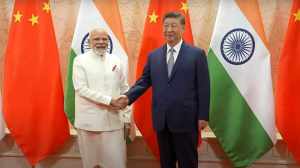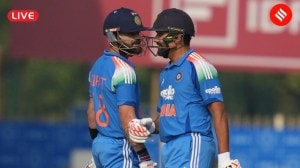Books and Booker
The difference between a prize for a novel and one for a careers work
The trouble with a career prize is the moment chosen to award a career. With the Nobel,one expectedly waits every year for a while. But with a public list of contenders,and professedly aimed at the best product of the year,every Booker shortlisted writer dreads a strong list coming up at Guildhall. Julian Barnes,at 65,won this years Man Booker from his fourth shortlist,arguably his biggest misses being 1984 for Flauberts Parrot and 1998 for England,England.
Apparently,Barnes was unlucky to run into strong lists each earlier instance. In frustration,he had called the Booker posh bingo,the sarcasm referring back to the eve of the 1998 prize when Barnes and his friend Ian McEwan had explained it away as the judges spinning the bottle. The bottle had got McEwans Amsterdam that year. The Booker,in theory,is not a career prize; it is so in practice. Can the judges,with or without a war with literary critics on readability versus quality,ever countenance awarding the Booker every few years to the same author? Certainly not. J.M. Coetzee and Peter Carey managed it only twice. So the Booker is a kind of bingo.
The Sense of an Ending,which has brought brilliant Barnes his Booker,finally,is not his best work. But while the prize is the best thing to happen to the sales and career of a young or debutant winner writing in English in the Commonwealth,Ireland and Zimbabwe its still a fitting tribute in the twilight of a great career. Barnes thin,163-page book,an aesthetically appealing object in its own right,also offers the e-reader a last challenge. Life is a coming to terms with memory,mortality and regret,as Tony Webster knows. But while it lasts,it must be lived. Booker or no Booker.
- 01
- 02
- 03
- 04
- 05































